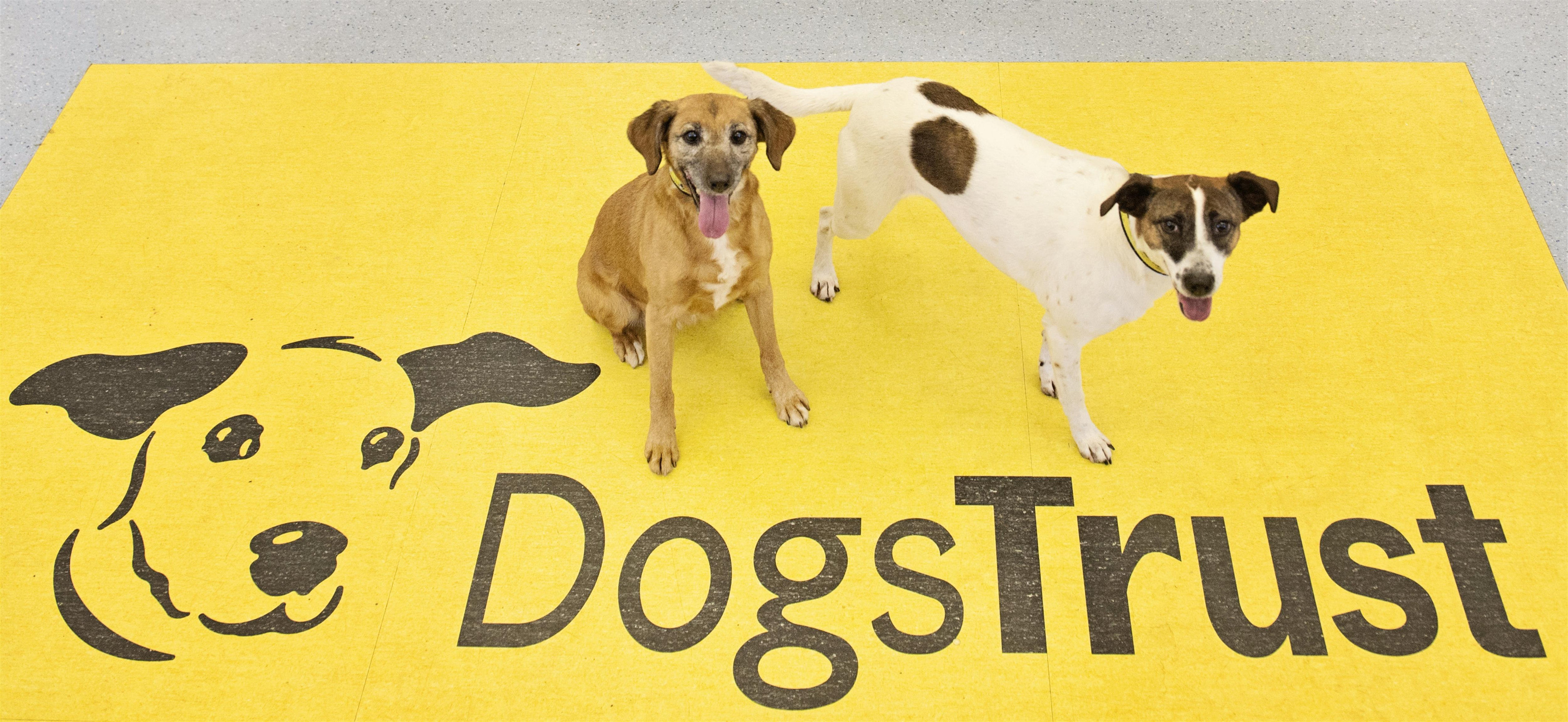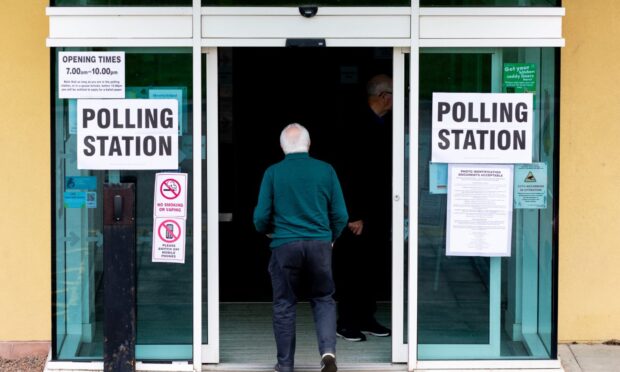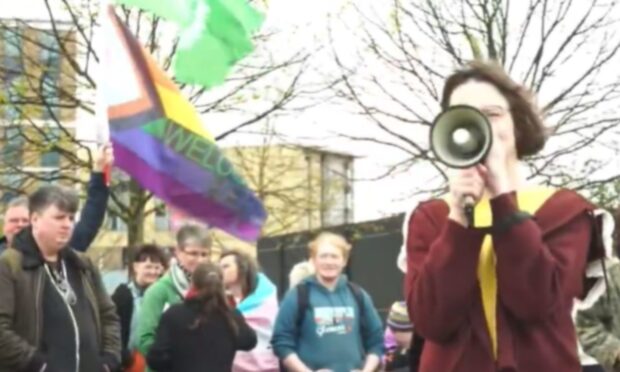The Dogs Trust has been left “deeply disappointed” by a Holyrood decision not to impose an outright ban on electric shock collars.
The Scottish Government has decided to allow the use of electronic training collars only under the guidance of an authorised person, rather than implement an complete ban.
The Dogs Trust said the suggested regulation would be “extremely difficult to enforce” and failing to impose a complete ban was a “huge missed opportunity for animal welfare”.
It warned that with no regulation around dog trainers or behaviourists, anybody can call themselves an expert regardless of their qualifications, knowledge, experience or skills.
Paula Boyden, Dogs Trust Veterinary Director, said: “Dogs Trust has long campaigned for the sale and use of electronic training aids to be banned, and is deeply disappointed by the announcement that they will be regulated rather than banned in Scotland.
“Wales banned the use of electronic collars in 2010 and we had hoped that Scotland would follow suit.
“Dogs Trust is not alone in its concerns around electronic shock collars.
“A recent opinion poll of the Scottish public found that 77% of those polled supported a ban of shock collars for dogs.
“The new legislation does not speak for them, and Dogs Trust strongly believes that it does not speak for the welfare of dogs.”
The Dogs Trust said it was also extremely disappointed by the decision to allow an exemption to permit the shortening of the tails of Spaniel and Hunt Point Retrievers.
The Welsh Assembly banned the use of electric collars in 2010 and imposed a penalty of a fine of up to £20,000 or up to six months imprisonment.
The Scottish Government said it decided against an outright ban because “there is no documented evidence of deliberate abuse of collars on animals in Scotland and there are examples of use in certain circumstances to benefit the welfare of some animals”.
It said the SSPCA received 23 complaints between 2011 and 2014 about electronic collars, all were investigated and advice given, but no further action taken.
Environment secretary Roseanna Cunningham said the government takes the welfare of pets, animals and livestock “very seriously”.
She added: “We have consulted extensively on a number of issues and we will now improve our legislation by regulating the use of electronic training collars.
“There is evidence that these devices can cause suffering so they will only be permitted for use as a last resort and under the guidance of an approved trainer or vet.
“Similarly, we have seen evidence that some working dogs are suffering tail injuries so I have decided to allow vets to shorten the tails of spaniel and hunt point retriever puppies where they believe it will prevent future injuries amongst working dogs.”










